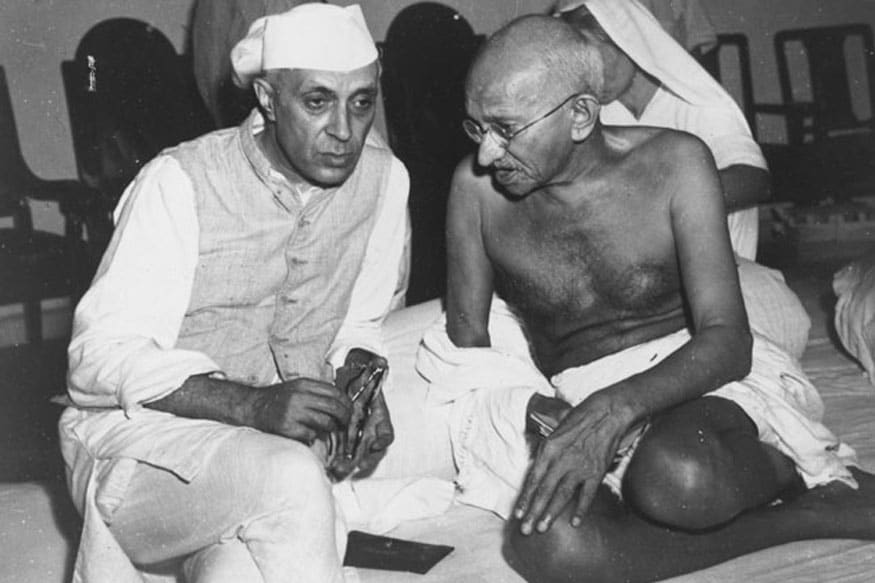India's first prime minister: Jawaharlal Nehru
He served as the prime minister of India until his death. Then his daughter, and then his grandson, ruled India. Nehru was a writer, scholar, amateur historian, and also the head of the Gandhi-Nehru family.

Pandit Jawahirlal Nehru is the second most famous name after Mahatma Gandhi in India, which has a population of over 1 billion today.
A western Indian, Nehru is a socialist aristocrat and an unrivaled leader.
Nehru was a modern leader of an underdeveloped country. He was the man of the future in a country bathed in holy months.
He was born in 1889 in the city of Allahabad.
His father was one of the largest and wealthiest lawyers in India.
His family settled first in Allahabad and then in Delhi from Kashmir.
The men of the family have held high positions for centuries.
Nehru went to England in 1905, studying at Harrow School and Cambridge University.
He left behind distinguished literature and biography studies.
Edward Frederick used to say that India cannot be understood unless these are read.
His biography is about the history of the Indian nation and is written in a style that would make contemporary English writers jealous.
Returning to India in 1923, Nehru began to study the politics that was created for him.
He went to jail 7 times and spent a total of 6 years in prison.
In his biography, he wrote that he was not usually alone in his cell. Because sparrows would come from its roof, which was kept open for rain and sun.
He used to express that he hated British colonialism, not the British. He would also repeat that he owed his work to British civilization.
Nehru became prime minister after India gained independence in 1947.
He remained in this position until his death in 1964 at the age of 75. The population of India at the time of his death was around 500 million.
Two years later, Nehru's daughter Indira Gandhi became prime minister. He remained in office until his assassination in 1984, with only a three-year hiatus. Her son, Rajiv, was the prime minister of India from 1984-1989, but he too was assassinated.
Nehru insisted that his country be the world's largest democracy.
He embraced the idea of positive neutrality between East and West as the only way not to enter the Cold War.
He fought poverty, regionalism and superstition until the last moments of his life.
In his will, he asked for his body to be cremated and his ashes to be deposited in the Ganges River.
These words are his own:
Since my childhood, I watched the Ganges, which changes with the seasons. I always thought of the history, the legends, the traditions and the songs that have been associated with it through the ages and are part of its flowing water.
Jawaharlal Nehru and the Edwina Scandal
After Mahatma Gandhi's victory, Britain had decided to withdraw from India. In 1948, England sent Lord Louis Mountbatten to India to organize it. Lord also went to India with his wife Edwina. However, his wife Edwina's heart fell on the prime minister, Nehru, and they had forbidden love. This forbidden love scandal was hidden from India at that time.
